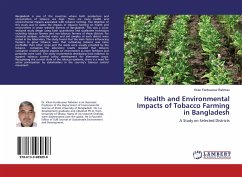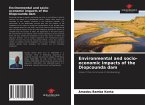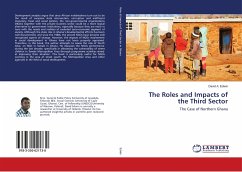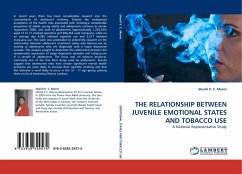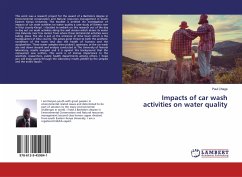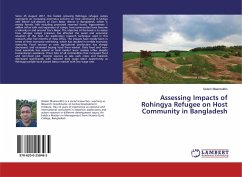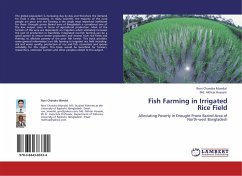Bangladesh is one of the countries where both production and consumption of tobacco are high. There are many health and environmental impacts associated with tobacco farming. The objective of this study was to assess the impacts of tobacco farming on health and environment in seven selected districts of Bangladesh. This was a cross-sectional study design using both quantitative and qualitative techniques including tobacco farmers and non-tobacco farmers of those districts. For chemical analyses, collected water and soil samples of each district were tested in the laboratory. The study found that the main factors influencing farmers to grow tobacco were that cultivating tobacco was more profitable than other crops and the seeds were usually provided by the tobacco companies. The laboratory results revealed that tobacco cultivation created adverse impacts on environment as more fertilizers and pesticides were used. The study recommends developing local evidence to support tobacco control policy development for alternative crops. Recognizing the current state of the tobacco epidemic, there is a need for active participation by stakeholders in the country's tobacco control movement.
Bitte wählen Sie Ihr Anliegen aus.
Rechnungen
Retourenschein anfordern
Bestellstatus
Storno

